The Weldon School welcomes 11 new faculty members
Engineered Biomaterials and Biomechanics
Dianne Little
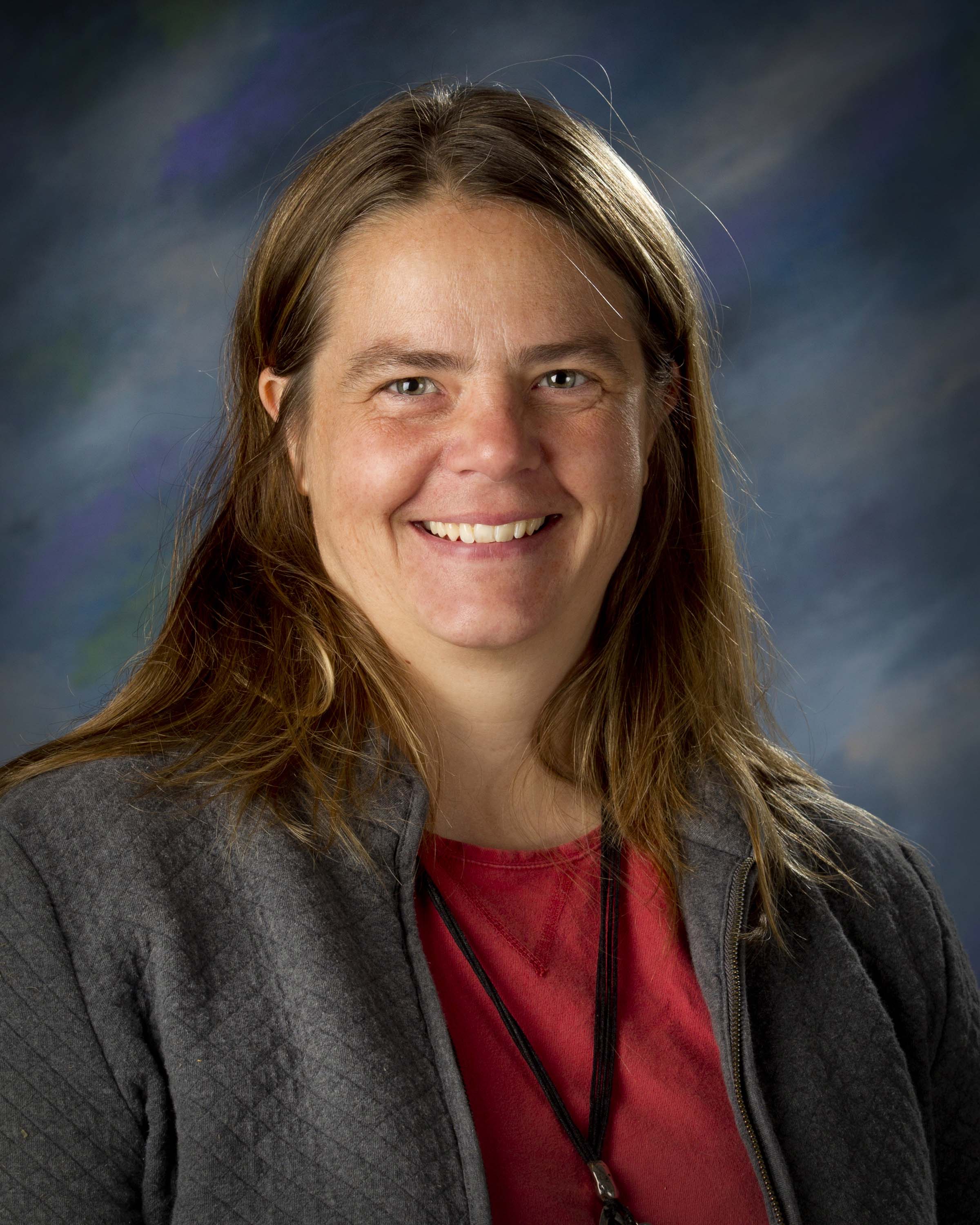
Assistant Professor of Biomedical Engineering and Basic Medical Sciences
Dianne Little received a BVSc from the University of Liverpool in England in 1998, aMSpVM, in specialized veterinary medicine from North Carolina State University in 2003 and a PhD in physiology from North Carolina State University in 2006.
Her research interests include musculoskeletal biology, tissue engineering (rotator cuff tendon) using novel biomaterials and native extracellular matrices, pre-clinical models of musculoskeletal disease, synovial pathology, and osteoarthritis.
Luis Solorio

Assistant Professor of Biomedical Engineering
Luis Solorio received a BSBME from Saint Louis University in 2006, a MSBME from Rensselaer Polytechnic Institute in 2007, and a PhD in Biomedical Engineering, Case Western Reserve University, 2012
He researches the development of novel microenvironments to provide specific cues to cancer cells and how phenotypic changes affect the response of cancer to therapeutic treatments.
Adrian Buganza-Tepole
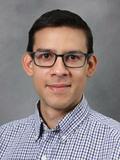
Assistant Professor of Biomedical Engineering and Mechanical Engineering
Adrian Buganza-Tepole received his PhD in Mechanical Engineering at Stanford University. He obtained his BS degree in Mechatronics Engineering from Universidad Panamericana in Mexico City, and his MS degree in Mechanical Engineering from Stanford University with an emphasis in biomechanics and computational mechanics.
Tepole is a recipient of the Claudio X. González Fellowship and a scholarship from the Mexican National Science Council. He has also received the prestigious Stanford Graduate Fellowship in Science and Engineering (SGF) and most recently awarded Stanford’s Vice Provost for Graduate Education’s Diversifying Academia Recruiting Excellence fellowship (DARE).
Tepole’s research interest is in the application of computational approaches from applied mechanics and systems biology to advance translational medicine by simulating disease, diagnosis, treatment and medical device design on patient-specific scenarios.
Visit Adrian Buganza-Tepole’s Website
Imaging
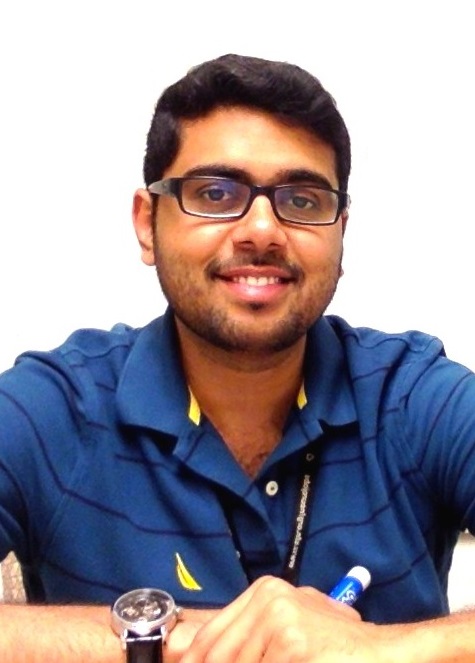 Hari Bharadwaj
Hari Bharadwaj
Assistant Professor of Biomedical Engineering and Speech, Language and Hearing Sciences
Hari Bharadwaj received a BTech in Electrical Engineering from IIT, Madras; MS degrees in Electrical Engineering and Biomedical Engineering from the University of Michigan; and a PhD in BME from Boston University.
His post-doctoral work at the Martinos Center at Massachusetts General Hospital used neuroimaging techniques to study the cortical processing of complex sounds in school-aged children, including those with autism spectrum disorders, for which he received the Emerging Research Grant from the Hearing Health Foundation in 2015. Bharadwaj is a member of the Association for Research in Otolaryngology and the Acoustical Society of America.
At Purdue, his lab integrates behavioral experiments, computational modeling, and an array of non-invasive physiological measurement tools to investigate the neural mechanisms underlying auditory perception in humans.
Visit Hari Bharadwaj’s Website
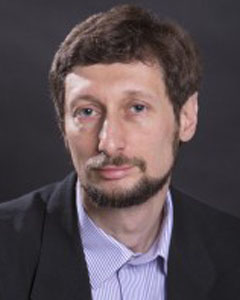 Vitaliy L. Rayz
Vitaliy L. Rayz
Assistant Professor of Biomedical Engineering and Mechanical Engineering
Vitaliy L. Rayz earned his PhD in Mechanical Engineering from the University of California, Berkeley in 2005 and a BS in Mechanical Engineering from the University of Wisconsin-Milwaukee in 1997. Upon completing his degrees, he joined the University of California, San Francisco. Prior to coming to Purdue, he held a joint appointment as a faculty member in the College of Engineering at the University of Wisconsin-Milwaukee and Neurosurgery at the Medical College of Wisconsin.
Rayz's research interests are in analysis of blood flow and cardiovascular disease. He closely collaborates with neurosurgeons and radiologists at several medical institutions. His research projects on patient-specific modeling of the flow in brain aneurysms and on catheter-based vascular devices are funded by the NIH.
Visit Vitaliy L. Rayz’s Website
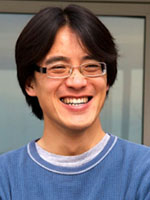 Yunjie Tong
Yunjie Tong
Assistant Professor of Biomedical Engineering
Yunjie Tong received his PhD from the Biomedical Engineering Department at Tufts University. He received his MS and BS, both in Physics, from Boston University (Boston, MA) and Peking University (Beijing, China).
From 2008 to 2016, Tong worked in McLean Imaging Center at McLean Hospital, Belmont, MA. He became an assistant professor in the Department of Psychiatry at Harvard Medical School and associate biophysicist at McLean Hospital in 2014. His research interests are in the studies of human brain function and physiology using non-invasive multimodality imaging technologies, including functional MRI and near infrared spectroscopy.
Instrumentation
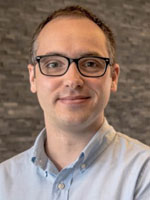 Mark Sayles
Mark Sayles
Assistant Professor of Biomedical Engineering and Speech, Language and Hearing Sciences
Mark Sayles received a BA degree in Natural Sciences and a joint MD/PhD degree from the University of Cambridge (UK). His PhD research focused on neural coding of speech and musical sounds in the mammalian brainstem under realistic acoustic conditions.
Sayles’ post-doctoral work at the University of Leuven, Belgium evaluated the role of cochlear mechanics in binaural hearing. He was a Fulbright post-doctoral fellow at Purdue, working on auditory neural coding following hearing impairment. He is a member of the Association for Research in Otolaryngology, the Royal College of Surgeons of England, the Society for Neuroscience, and the Acoustical Society of America.
Currently, his laboratory investigates the relationship between brainstem single-neuron physiology and perception in normal-hearing and hearing-impaired listeners.
Quantitative Cellular and Systems Engineering
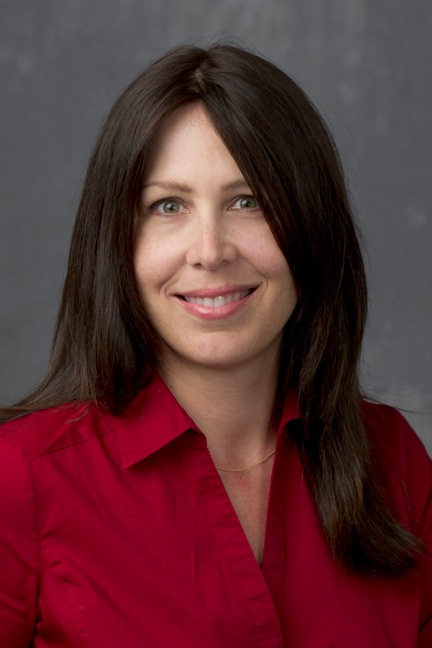 Amy L. Brewster
Amy L. Brewster
Assistant Professor of Biomedical Engineering and Psychology
Amy L. Brewster received her BS in Biology from the University of Puerto Rico-Cayey, PhD from University of California-Irvine, and postdoctoral training at Baylor College of Medicine. Her research focused on identifying and understanding molecular mechanisms driving neuronal hyperexcitability in the hippocampus using experimental models of epilepsy. Here at Purdue University, Brewster uses her expertise in cellular, molecular, and behavioral neuroscience to determine the role that microglia may play on the seizure-induced disruptions of dendritic/synaptic architectures in the hippocampus. Pharmacogenetic manipulations are used in combination with histological, high-resolution imaging, biochemical, and behavioral approaches to determine the role of neuroimmune crosstalk (microglia-dendrites) in the modulation of neuronal connectivity, synaptic function, and hyperexcitability in experimental and human epilepsy.
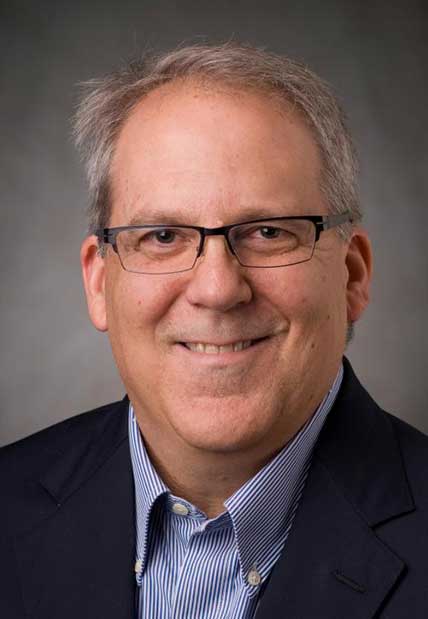 Paul Griffin
Paul Griffin
Professor of Biomedical Engineering and Industrial Engineering
Director, Regenstrief Center for Healthcare Engineering (RCHE)
Paul Griffin joins Purdue after serving as the Virginia C. and Joseph C. Mello chair and professor in the Stewart School of Industrial and Systems Engineering at Georgia Tech. He also served as the research director for health care delivery in the Center for Health and Humanitarian Systems at Georgia Tech and co-led the Center for Health Analytics.
Prior to his Georgia Tech appointment, Griffin served six years as the Peter and Angela Dal Pezzo Head of the Department of Industrial and Manufacturing Engineering at Penn State.
Griffin’s research interests include health systems engineering, health analytics, cost effectiveness modeling in public health, and supply chain coordination.
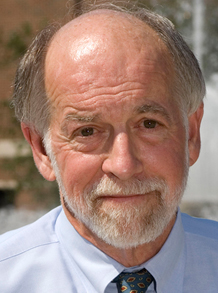 Terry Powley
Terry Powley
Ben J Winer Distinguished Professor of Psychology and Biomedical Engineering
Terry Powley received a BA from DePauw University in 1965, a MS in psychology from the University of Wisconsin in 1968, and a PhD in psychology from the University of Wisconsin in 1970.
His research is focused on mapping and analyzing the nerve circuits in the brain and the body that control food intake
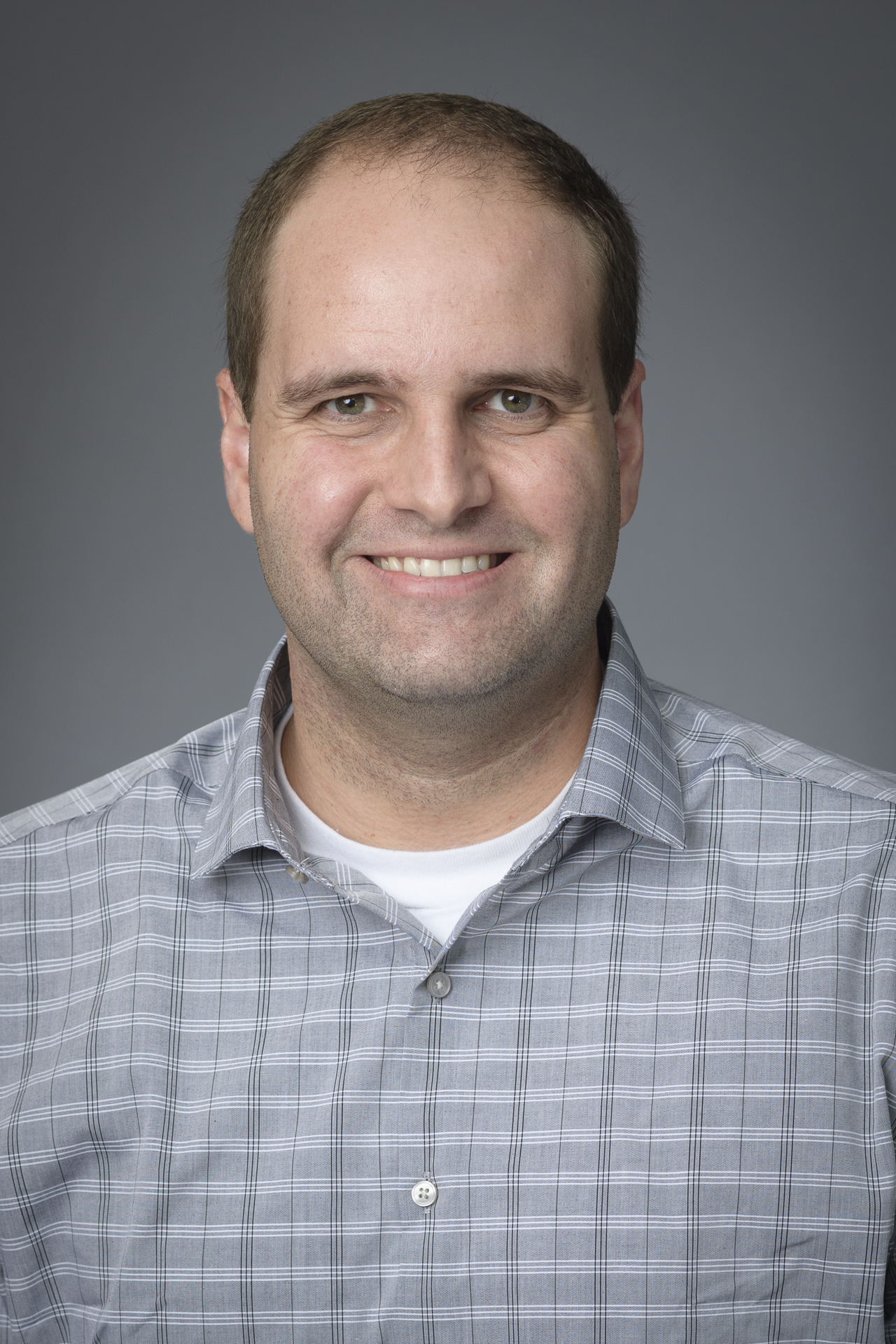 Matthew Ward
Matthew Ward
Research Assistant Professor
Matthew Ward received his BS in Biomedical Engineering and PhD in Neural Engineering from Purdue University, West Lafayette, IN.
He develops and translates technologies that enable persistent, bidirectional communication with the peripheral and central nervous system. He has over a decade of training and experience in bioelectronic medicine, signal processing, neurophysiology and artificial intelligence in medical devices. His technology and research into noninvasive neural interfaces are part of two ongoing clinical studies at the Indiana University School of Medicine. He has three licensed patents and is a co-founder of Drug Free Therapeutix, LLC, a pain management company developing self-optimizing, personalized pain management devices.
Ward currently develops adaptive, multi-functional brain-computer interface technology to seamlessly connect patients to medical devices that treat gastroparesis, depression, incontinence, and other conditions.
